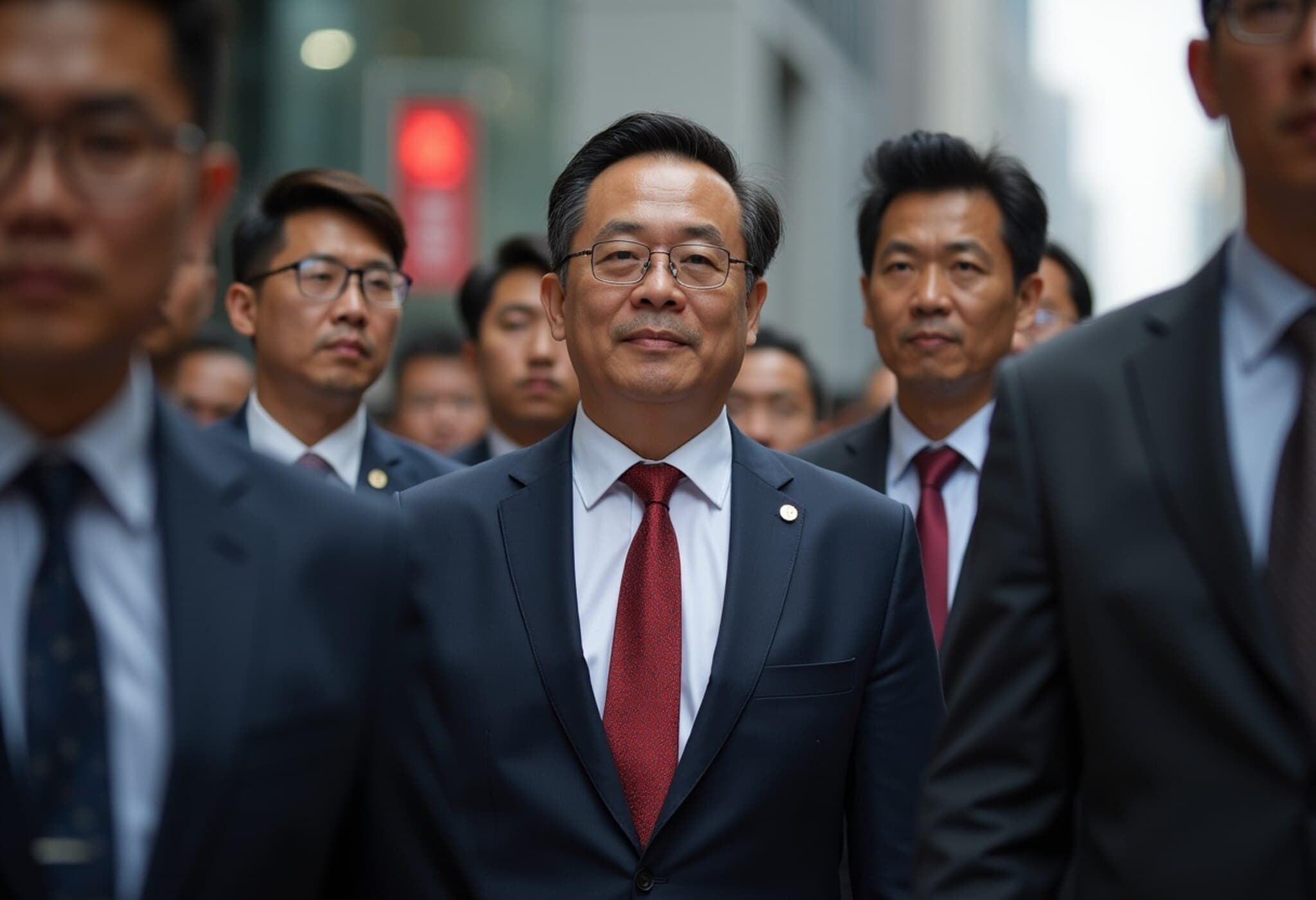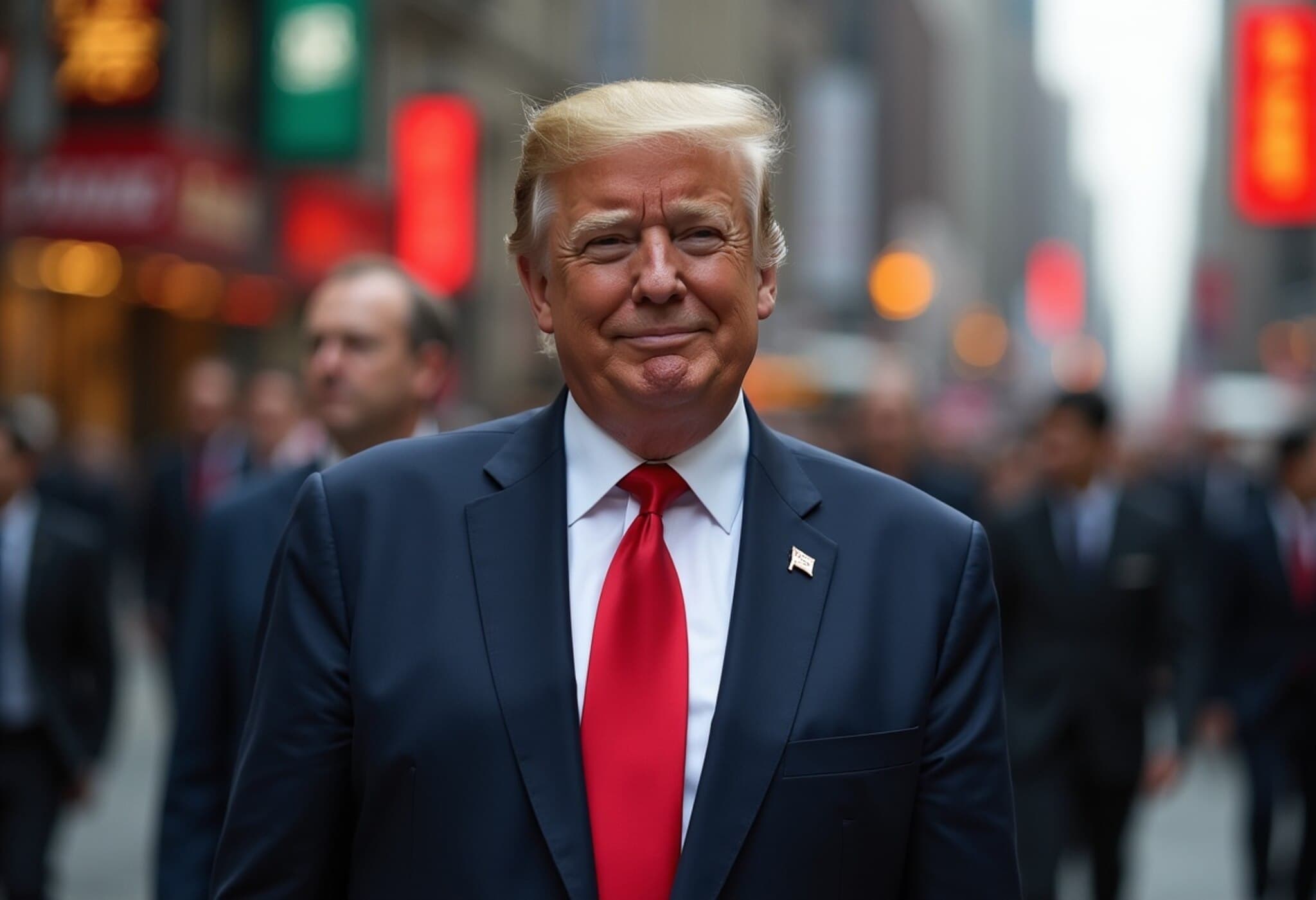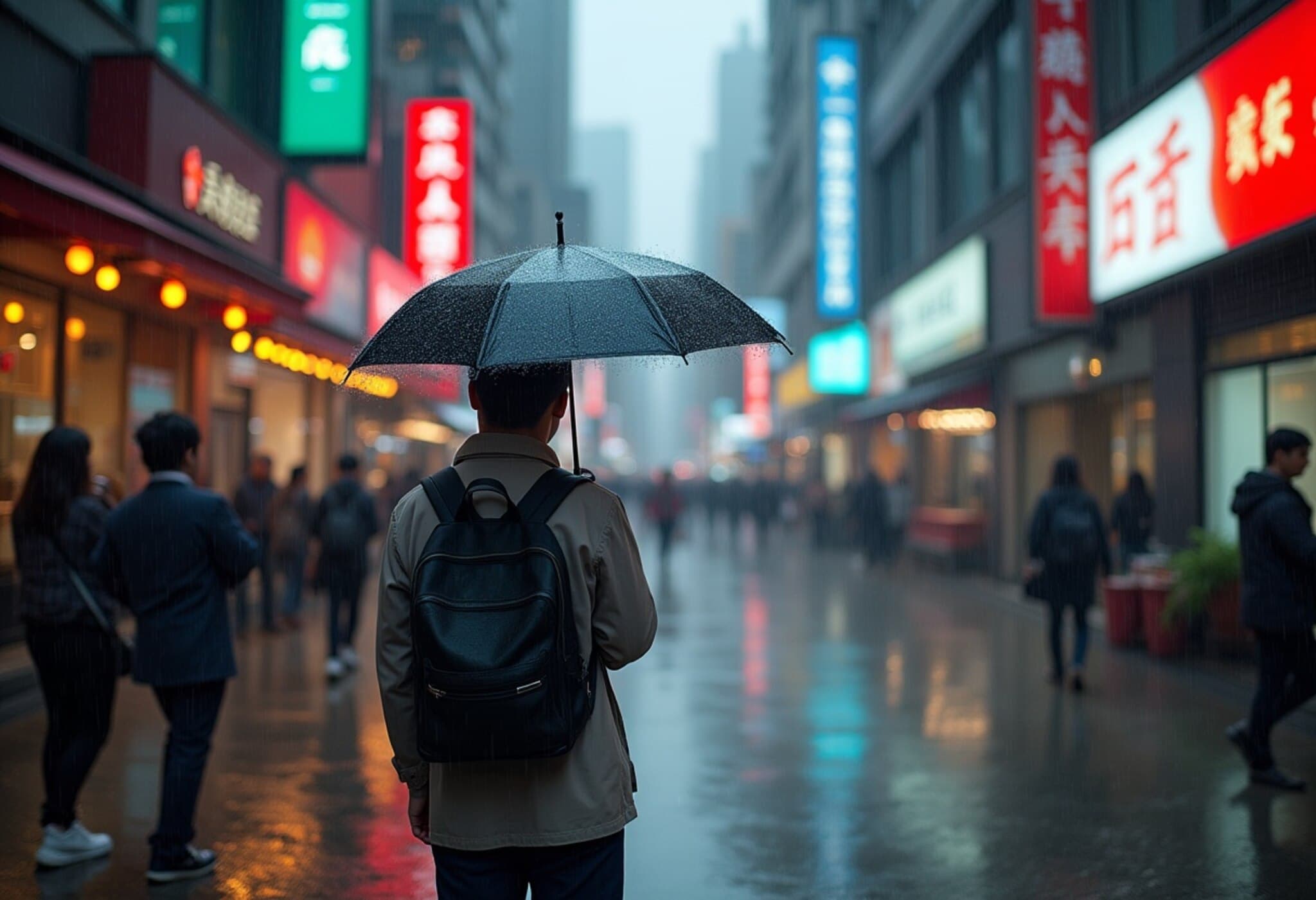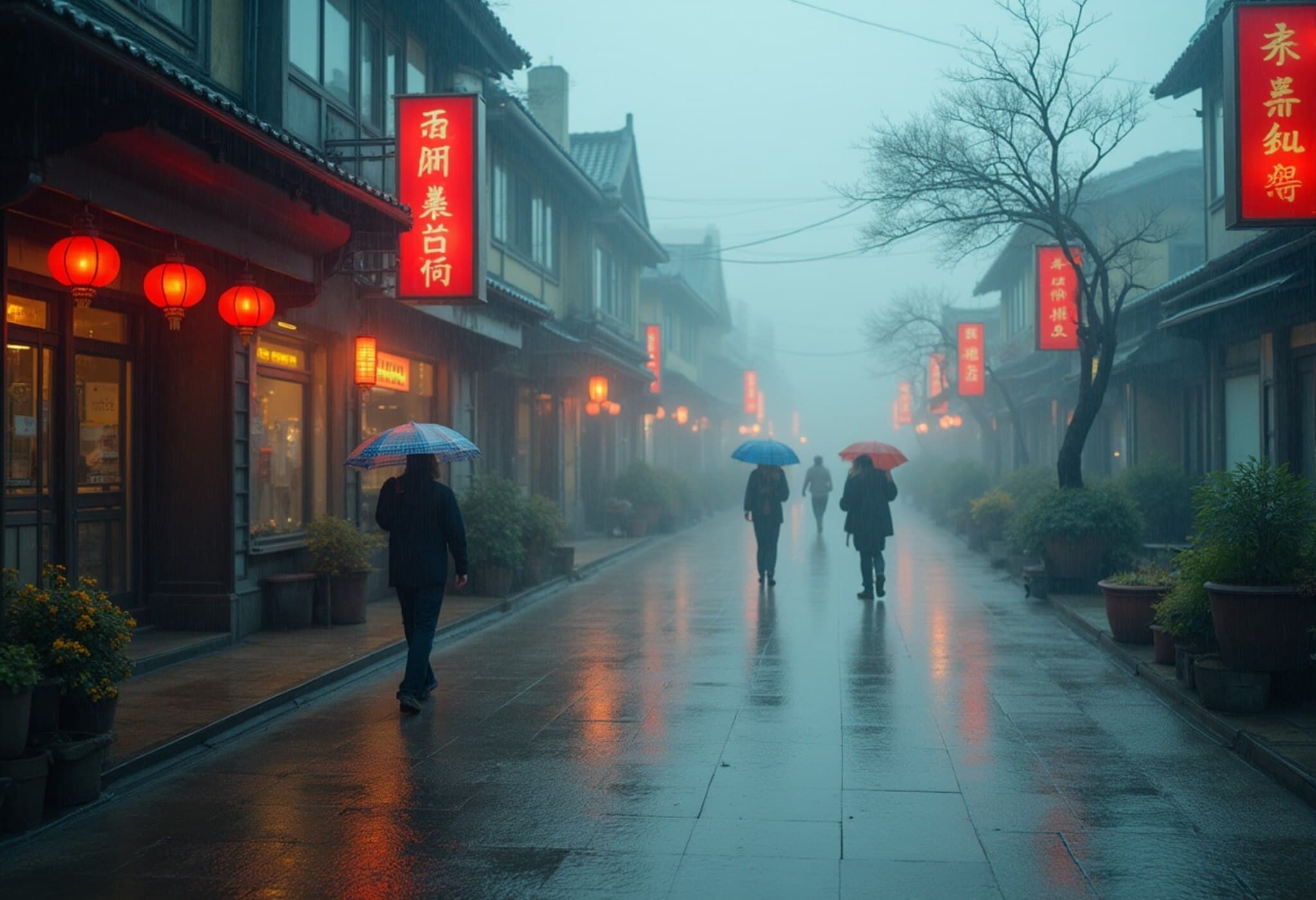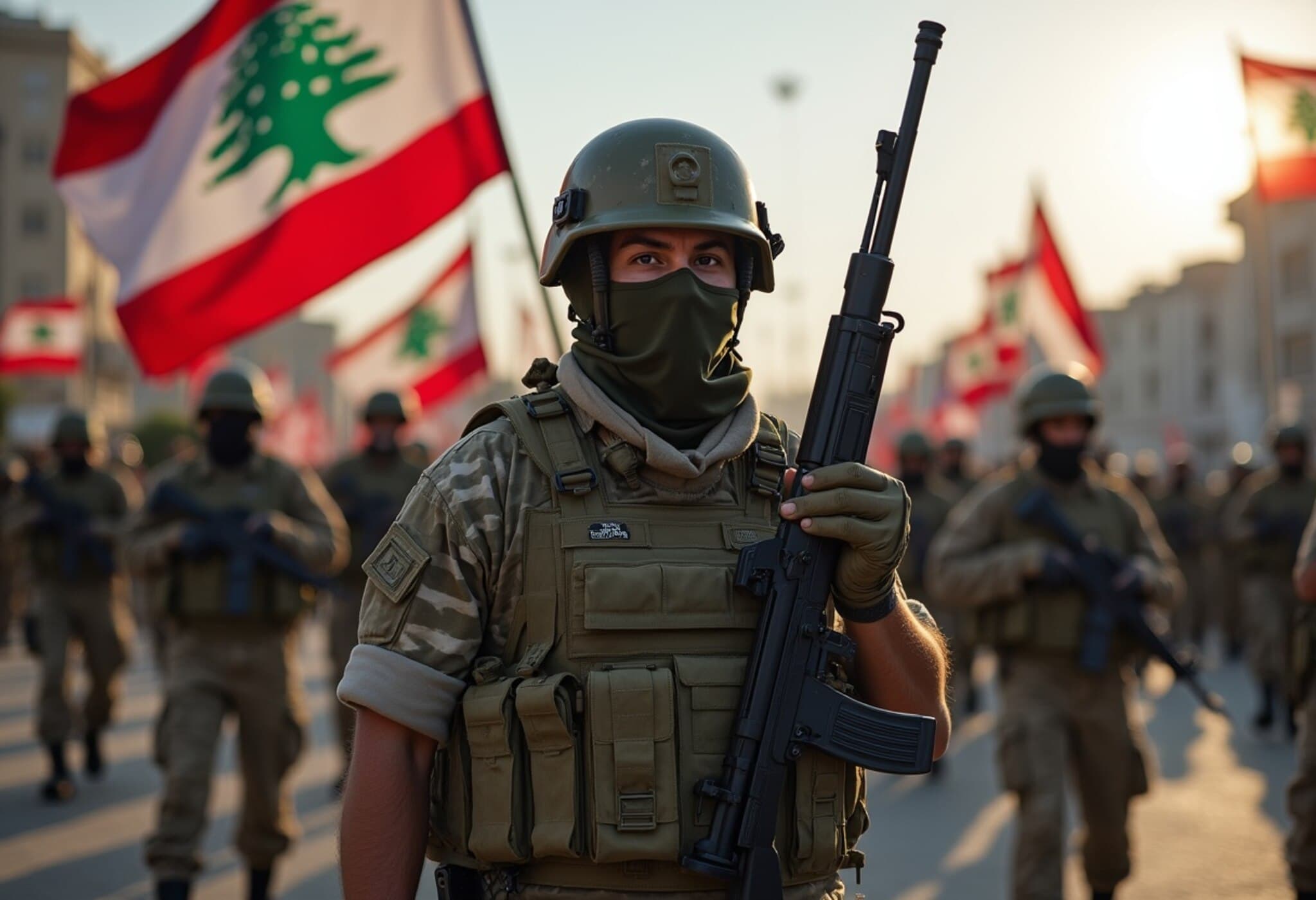Hong Kong Court Delays Verdict in Jimmy Lai’s National Security Case
In a pivotal moment for Hong Kong's judicial landscape, a court in the Special Administrative Region announced on August 28, 2025, that it will postpone delivering a verdict in the high-profile national security trial of pro-democracy media tycoon Jimmy Lai. The decision follows the conclusion of closing arguments in a case that has gripped international attention and intensified debates about the rule of law under China's tightened grip over the financially vital city.
The Trial That Captivated Global Eyes
Spanning more than 150 days since its commencement in December 2023, this trial stands as the most significant example of Beijing’s enforcement of the controversial National Security Law, enacted after the 2019 mass pro-democracy protests in Hong Kong. The law’s stringent measures have raised profound concerns globally over the erosion of civil liberties in the territory.
Jimmy Lai, 77, founder of the now-defunct Apple Daily—a bastion of pro-democracy journalism—faces grave allegations: two charges of conspiracy to collude with foreign forces and one charge of conspiracy to publish seditious material. If convicted, Lai could face life imprisonment, highlighting the severe consequences tied to dissent in today’s Hong Kong.
Accusations and Defense Arguments
Authorities accuse Lai of orchestrating with six former Apple Daily executives to publish materials considered seditious from April 2019 through June 2021. Further, he is charged with collaborating with foreign entities—including the U.S., U.K., and Japan—to impose sanctions and hostile measures against Hong Kong and mainland China, alongside funding the activist group Stand with Hong Kong.
During the defense's closing submissions, Lai’s lead lawyer, Marc Corlett, emphatically challenged the prosecution’s narrative. He underscored the absence of direct evidence proving Lai’s orchestration or endorsement of illicit activities once the National Security Law came into effect. Notably, he denounced key prosecution witness Chan Tsz-wah as a "serial liar" and argued that activist Andy Li acted independently, without Lai’s knowledge or support.
Additional legal counsel Robert Pang highlighted that the 161 Apple Daily articles spotlighted by prosecutors do not meet the threshold of seditious content. He further sought greater press freedom latitude—arguing that Lai's public commentaries represent legitimate journalistic expression rather than criminal acts.
The Court’s Perspective: Where Journalism Meets National Security
Judge Esther Toh refrained from providing a timeline for the verdict, promising details "in good time," while Judge Alex Lee clarified that the case hinges on whether Lai solicited foreign sanctions, distancing the proceedings from pure journalistic activities. The judiciary drew a line between free speech and actions perceived as threats to national security, invoking similar legal boundaries observed in U.S. and U.K. contexts regarding protest-related detentions.
Pang’s metaphorical comparison of Lai’s social media commentary to everyday political discussions among friends at casual Hong Kong eateries—cha chaan tengs and dim sum parties—illustrated the defense’s attempt to frame Lai’s activities within the realm of ordinary political discourse. Yet, the court stressed that freedom of expression has explicit constraints, warning against interpreting free speech as an absolute right without consequences.
Broader Implications: A Litmus Test for Hong Kong’s Autonomy
This trial symbolizes a profound challenge to the principles that once distinguished Hong Kong’s legal and civic identity. For international observers, it raises critical questions about the city’s autonomy under the "One Country, Two Systems" framework and the sustainability of open democratic expression within a tightened security environment.
As global governments, including the United States, continue to denounce the trial as politically motivated and call for Lai’s immediate release, Beijing and Hong Kong authorities maintain that justice is being served fairly. The verdict, whenever announced, will be a significant indicator of Hong Kong’s judicial future amid increasing geopolitical tensions.
Underreported Dimensions
- Role of Media Freedom: The trial spotlights the shrinking space for independent media in Hong Kong, affecting not only journalists but the broader civil society’s capacity to hold power to account.
- International Relations: The allegations of collusion with foreign forces reverberate in the context of escalating Sino-Western friction, blurring lines between legitimate activism and national security concerns.
- Legal Precedents: The case may establish judicial benchmarks that affect how vaguely defined national security laws are interpreted in future cases, potentially altering Hong Kong’s legal landscape permanently.
Editor’s Note
The delayed verdict in Jimmy Lai’s national security trial is more than a legal proceeding; it’s a symbolic crossroads for Hong Kong’s identity as a hub of free expression and independent rule of law. As the world watches, critical questions emerge: How will Hong Kong balance its legacy of press freedom with Beijing’s security priorities? Can vibrant political commentary survive under national security frameworks? And what do these outcomes mean for global perceptions of China’s evolving governance? The verdict will resonate far beyond the courtroom, influencing the future of rights, governance, and international diplomacy in the region.

